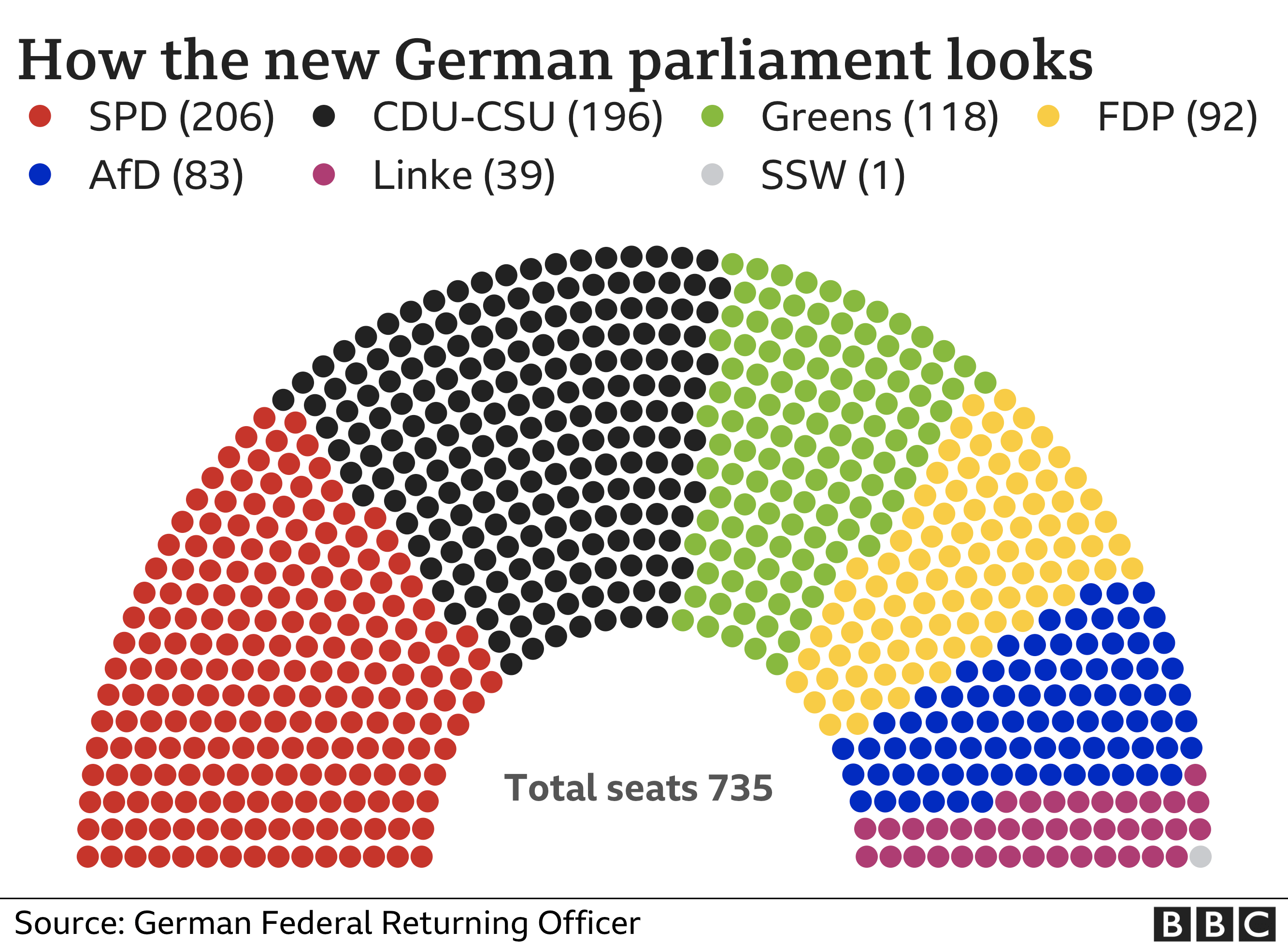The 2021 federal elections in Germany raised numerous questions
On the evening of September 26th, many of the parties must have felt like winners. The empty phrases like thanks to the trust of the voters as well as the self-evident assumption of government responsibility could be heard again this year.
What emerged much stronger this year, however, was the new power of the supposedly smaller parties, that of the FDP and the Grünen.
From Jamaica to Ampel, many of the prominent names there have secretly made friends with the assumption of ministerial posts. The honor of only playing second fiddle behind the CDU / CSU or the SPD no longer exists.
The election evening was therefore once again an indicator of a changing political landscape in Germany.
The candidate of the CDU / CSU has doubts about the willingness to govern
While almost all parties were able to end the election campaign with a successful conclusion, for the CDU / CSU the election campaign this year seemed to be going in the wrong direction from the start.
Armin Laschet, the Prime Minister of North Rhine-Westphalia, often made a very clumsy impression on the Germany-wide political stage during the following weeks. The promise of wanting to govern Germany like North Rhine-Westphalia frightened loyal regular voters of the CDU as well as the less compassionate images of a laughing Laschet from the flood area.
The historically low result for the CDU / CSU was almost in sight. What comes as a surprise, however, is the low level of fighting instinct that was demonstrated during the election campaign. The suspicion almost arises that it is not inconvenient for the CDU and CSU not to have to account for the subsequent decisions after the pandemic.
Every member of the traffic light coalition negotiations has ambitious goals
Since the election evening, the signs have been on a traffic light consisting of the SPD, FDP and the Grünen. As with any good marriage, it is also important for those involved to be as well positioned as possible for the next few years.
On the political stage, this means defining one’s own territory in coalition negotiations and forcing the other negotiating partners to make as many concessions as possible.
The SPD would like to continue to introduce a minimum wage of 12 euros, while the FDP does not support any additional tax burden and, as expected, the Grünen want a big step towards a more serious climate policy.
These goals are on one side of the coin, while political power is on the other. Without a seat in the current government, the opposition parties can only watch. The pursuit of power is a factor that should not be overestimated in the coalition negotiations.
The challenges of the next few years are also influenced by the pandemic
A traffic light government also harbors potential for conflict in the future. This is especially true with regard to dealing with the expected effects of the pandemic.
This includes companies that have not managed to keep themselves afloat financially as well as people who are struggling with long covid symptoms and are not available to the labor market or are only available to a limited extent.
The belief with a traffic light government would automatically all signs point to renewal, could turn out to be clearly premature hope. As with all governments, you still need negotiating skills and a sure instinct in order to hold government responsibility together for four years.

